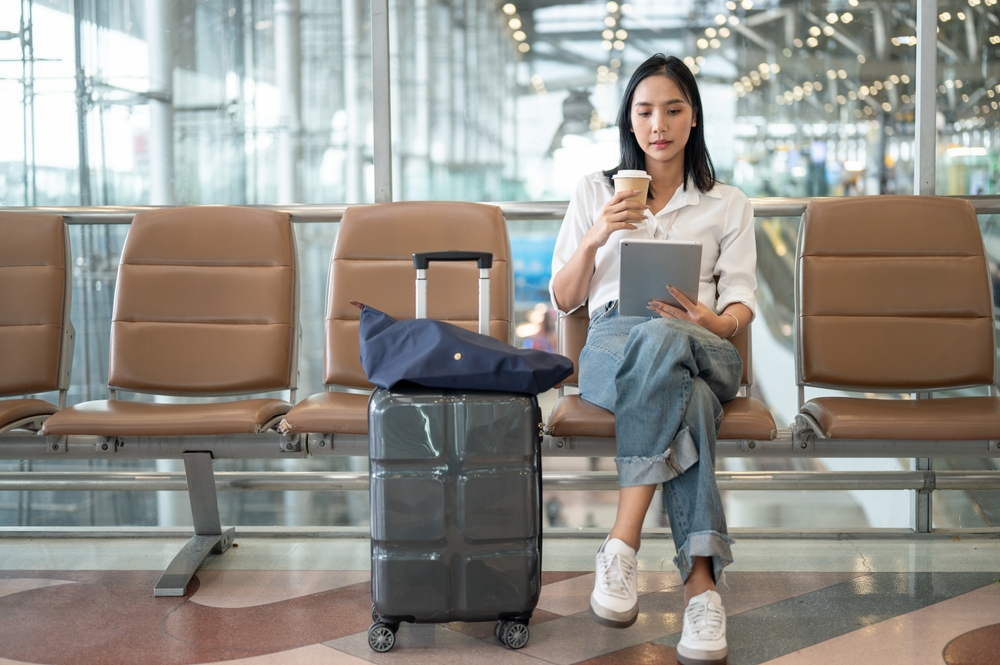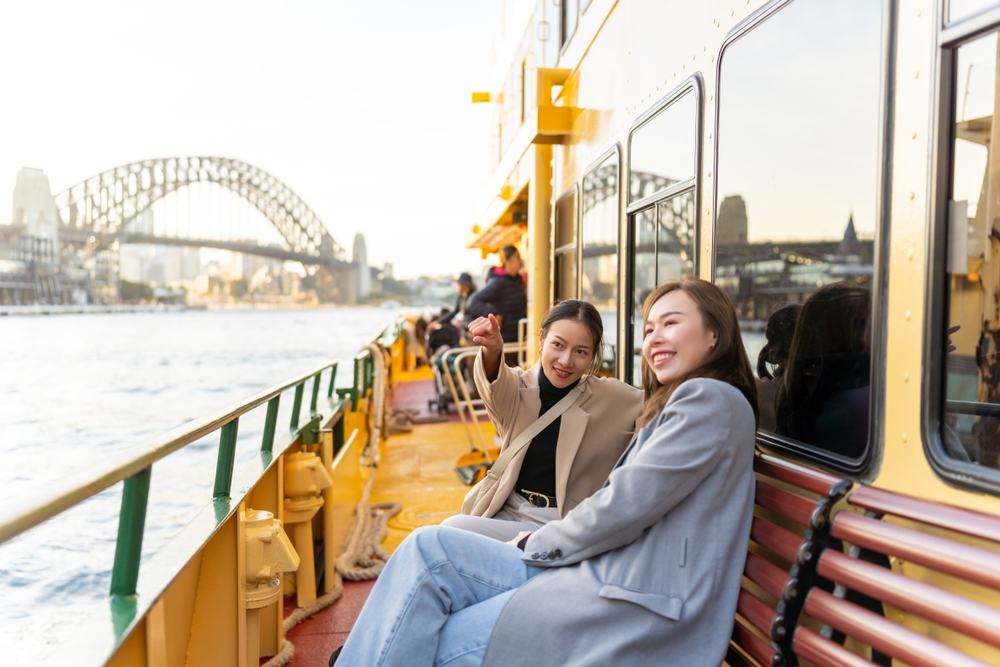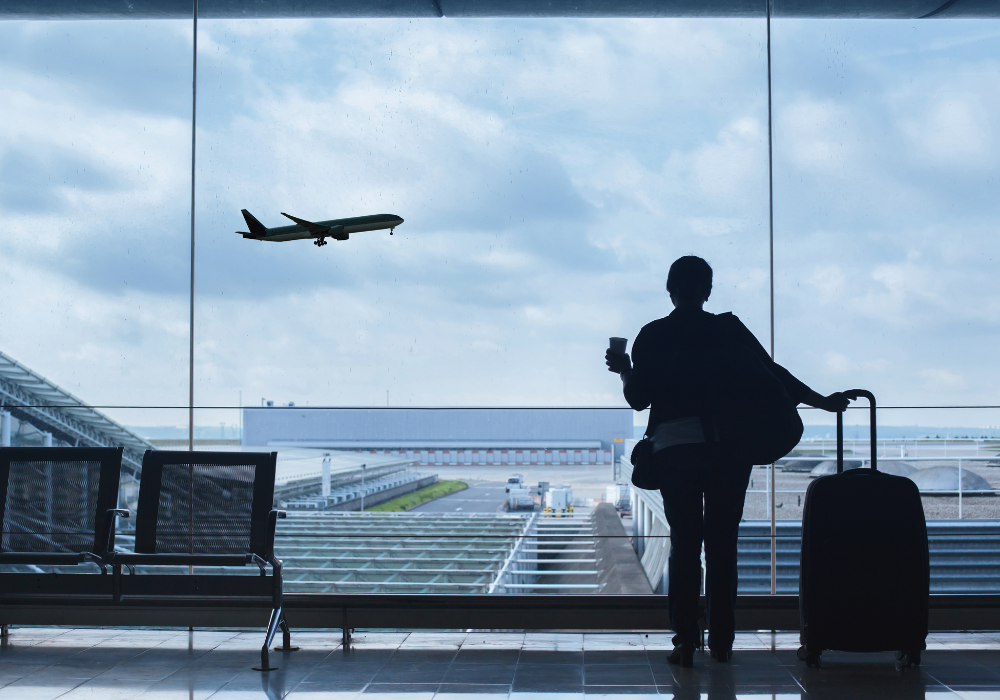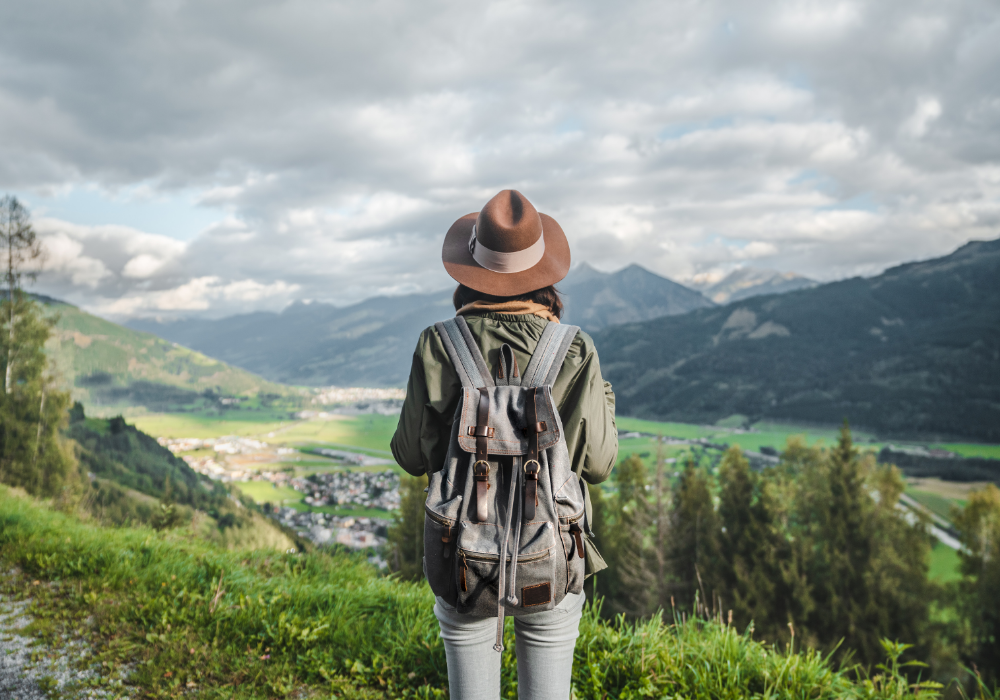Travel changes you in ways you never expect—13 transformations waiting for you.

Travel isn’t just about crossing destinations off a bucket list. It has a way of shifting perspectives, breaking down old habits, and leaving you with a version of yourself you barely recognize. No matter how much research you do before a trip, the real lessons happen on the road, in moments of discomfort, awe, and unexpected connection.
Some changes are subtle—you find yourself more patient in long lines or more appreciative of the little things. Others are bigger, reshaping how you see the world and your place in it. Travel stretches your limits, challenges your assumptions, and often leaves you wondering how you ever lived any other way.
The followiing transformations aren’t just possible; they’re waiting for you the moment you step outside your comfort zone.
1. You become more comfortable with uncertainty.

Life on the road doesn’t always go as planned, and that’s one of the best things about it. Flights get delayed, buses break down, and the weather never cares about your itinerary. At first, it’s frustrating, but then something shifts—you stop clinging to rigid schedules and start rolling with whatever happens, as mentioned by the writers at Travel Bugtonic.
That flexibility doesn’t disappear when you go home. You become less fazed by small inconveniences and more adaptable in everyday life. Situations that once felt stressful—waiting in line, last-minute changes, unexpected detours—become easier to handle. Travel teaches you that plans are just suggestions, and sometimes, the best experiences happen when things don’t go as expected.
2. You learn how little you actually need.

Packing a bag for months of travel forces you to reconsider what’s essential. You realize quickly that most of what you once thought was necessary—extra clothes, gadgets, “just in case” items—only weighs you down. The longer you travel, the more you appreciate simplicity, according to Elisabeth Gorga of Go Abroad.
That shift often sticks long after the trip ends. You start valuing experiences over possessions, prioritizing what truly adds meaning to your life. The urge to accumulate things fades, replaced by a desire to collect moments, friendships, and stories instead. Once you’ve lived out of a backpack, you start questioning why you ever needed so much stuff in the first place.
3. You stop fearing being alone.

Solo travel can be intimidating at first, but it teaches you that being alone doesn’t have to mean being lonely. Eating at a restaurant by yourself, exploring a city without company, or sitting quietly in a foreign place—all of it builds a kind of confidence you never knew you needed, as stated by Tracey Nesbitt of Solo Travel World.
Eventually, solitude becomes something you enjoy instead of avoid. You stop reaching for distractions and start embracing the space to reflect, observe, and be fully present. Even when you return home, you carry that sense of independence with you, realizing that you don’t always need company to feel complete.
4. You become more open to people who are different from you.

It’s easy to judge people from a distance, but travel brings you face-to-face with cultures, traditions, and beliefs that don’t match your own. Instead of seeing differences as barriers, you start to appreciate them. Conversations with strangers—on trains, in markets, over shared meals—break down stereotypes and remind you how much common ground exists beneath the surface.
This openness doesn’t fade when you return home. You become more curious, more willing to listen, and less quick to make assumptions. The world feels less divided, and you start seeing people as individuals rather than labels. Travel expands not just your geography, but your capacity for understanding.
5. You learn to trust yourself more.

When you’re in an unfamiliar place, speaking a language you barely know, and trying to navigate a foreign transit system, self-doubt is inevitable. But with every challenge you overcome—figuring out directions, handling an emergency, negotiating a price—you gain confidence in your ability to handle whatever comes next.
That trust in yourself extends beyond travel. You start believing that if you can manage solo in a country where you don’t even understand the street signs, you can handle life’s other challenges too. Decisions feel less daunting, risks seem more manageable, and self-doubt loses some of its power.
6. You realize how similar people really are.

Cultures vary, languages sound different, and customs take some getting used to, but underneath it all, people are remarkably similar. Everywhere you go, parents dote on their children, friends gather to share food, and laughter fills the air in the same universal rhythm.
Travel has a way of breaking down the illusion that the world is divided into “us” and “them.” You start seeing strangers as people with dreams, struggles, and joys just like your own. That realization changes the way you view humanity—less as distant groups and more as one interconnected world.
7. You redefine what “home” really means.

At first, home is a physical place—the city you grew up in, the apartment you return to after work. But travel complicates that definition. You find pieces of home in a café in Paris, a beach in Thailand, or a hostel full of friends who feel like family.
Eventually, home becomes less about a single location and more about where you feel connected. It’s not tied to an address but to the people, experiences, and moments that make you feel at ease. Once you’ve built homes in multiple places, you realize that home isn’t where you are—it’s how you feel.
8. You stop stressing over the little things.

It’s hard to get worked up about minor inconveniences when you’ve survived lost luggage, missed connections, and language barriers. Travel gives you perspective—what once felt like a big deal starts to seem laughably small.
That mindset follows you long after the trip ends. You stop wasting energy on things that don’t matter and start focusing on what does. The ability to let go of stress isn’t just a travel skill; it’s a life-changing mindset shift.
9. You become more comfortable asking for help.

Travel forces you to rely on the kindness of strangers. Whether it’s asking for directions, getting help with a language barrier, or navigating an unfamiliar system, you learn quickly that people are usually willing to assist if you just ask.
That realization makes it easier to seek help in everyday life. You stop seeing it as weakness and start recognizing it as a natural part of human connection. Instead of struggling alone, you learn to reach out—and often, you find that people are more generous than you ever expected.
10. You develop patience like never before.

Few things test your patience like waiting for a delayed bus in the middle of nowhere or trying to communicate when you don’t know the language. But travel forces you to slow down and accept that not everything moves at the pace you want.
Over time, that patience becomes second nature. You stop expecting instant results and learn to embrace the slower moments. Travel rewires your brain to appreciate the process instead of just the destination.
11. You gain a sense of freedom that’s hard to shake.

Once you’ve experienced the open road, the idea of staying in one place forever feels almost impossible. Travel introduces you to a kind of freedom that changes the way you view life—not just in terms of movement, but in your choices, your mindset, and the way you live every day.
You realize that life isn’t as rigid as you once thought. There are always new paths, new possibilities, and new ways to experience the world. That sense of freedom stays with you, long after you’ve unpacked your bags.
These transformations don’t just happen—they unfold over time, in unexpected moments, and in ways you never see coming. Travel doesn’t just show you the world; it changes how you move through it.
